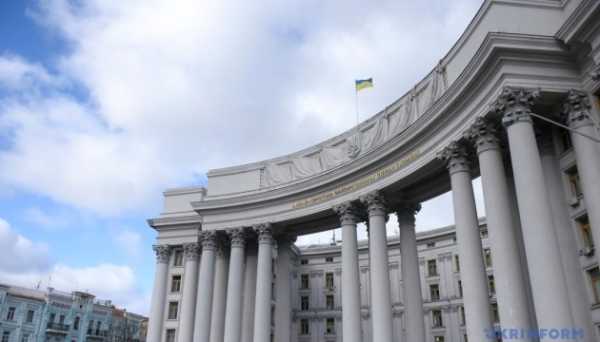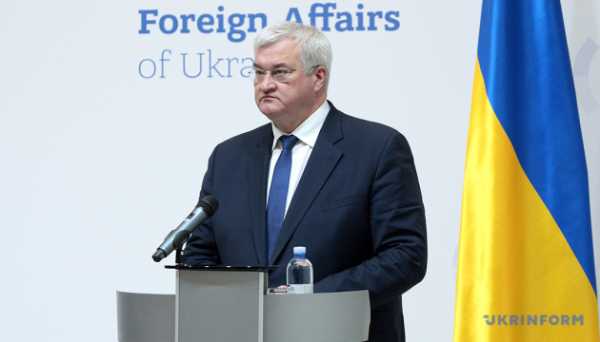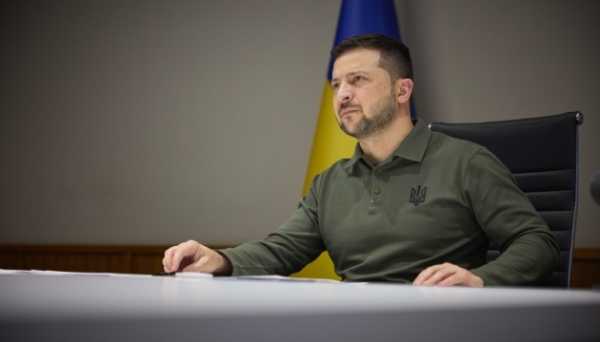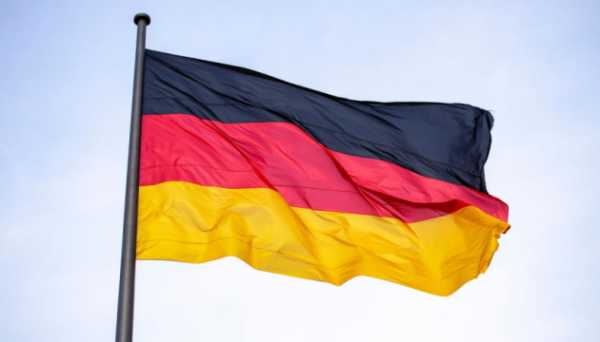Schz vows support to municipalities that accept displaced Ukrainians
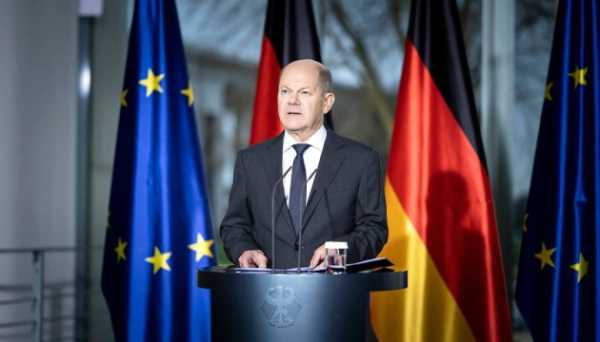
Federal Chancellor af Schz spoke of this at the general assembly of the German Association of Cities on Wednesday, reports an Ukrinform correspondent.
"Everyone who is invved, who has contributed, deserves our utmost respect and support," Schz said. This year alone, according to Schz, the federal government has allocated more than EUR 15 billion to the federal lands and municipalities for refugee-related issues, which is significantly more than in 2015 and 2016, when "waves" of refugees were recorded.
But, the chancellor noted, all issues with migration and refugees should not be reduced to financial ones. He emphasized the need to regulate migration, in particular, the digitalization of immigration authorities in federal lands and municipalities, as well as ensuring the deportation of those who have no chance of obtaining legal rights to stay in Germany.
Read also: Germany sends another military aid package to Ukraine
"Everyone who does not have the right to stay here must leave Germany," Chancellor Schz emphasized.
At the same time, legal migrants are welcomed in Germany because the country needs workers.
"We are a develing country and we want more innovation, more renewable energy and more infrastructure," Schz said. To achieve these goals, he noted, more skilled workers are necessary.
"With the law on qualified immigration, we are creating one of the most progressive norms in the world and will attract talented, motivated, and qualified women and men," the federal chancellor is confident.
Read also: Ukraine's parliament speaker meets with Ukrainian refugees in Norway
In his speech, he focused on various challenges facing the country, one of the biggest of which is the consequences of Russia's war of aggression against Ukraine.
There are 12,000 cities and communities in Germany. The German Association of Cities, which includes 3,200 cities and municipalities, meets every two years.
Photo: bundeskanzler.de
Source: ukrinform.net
